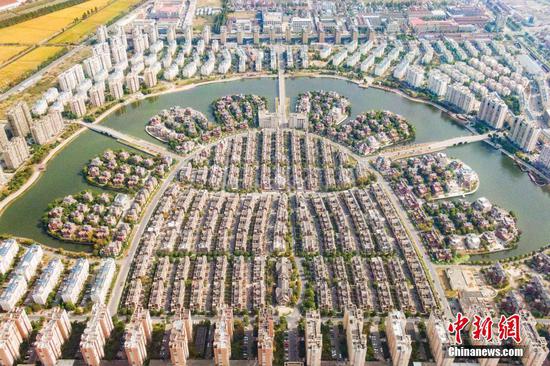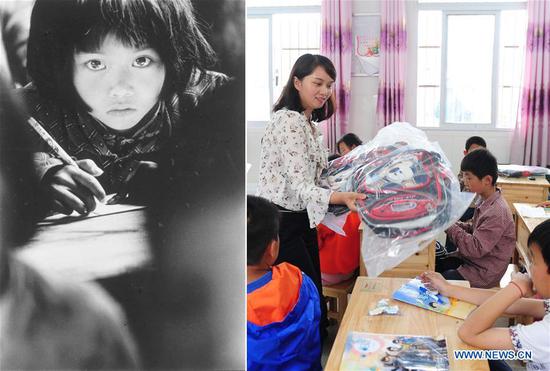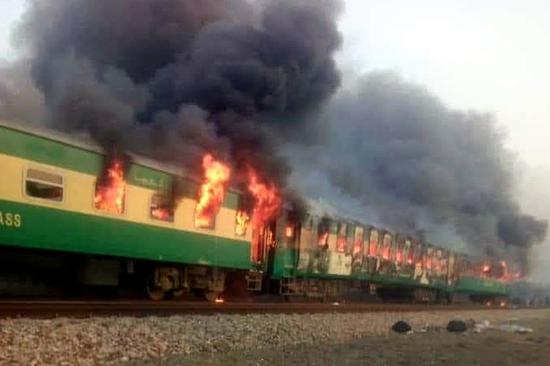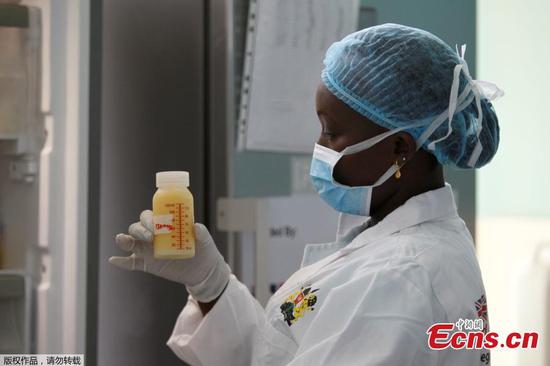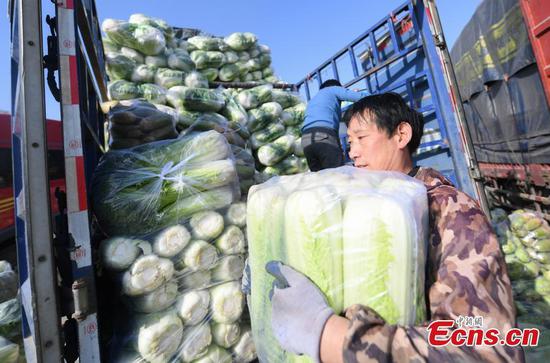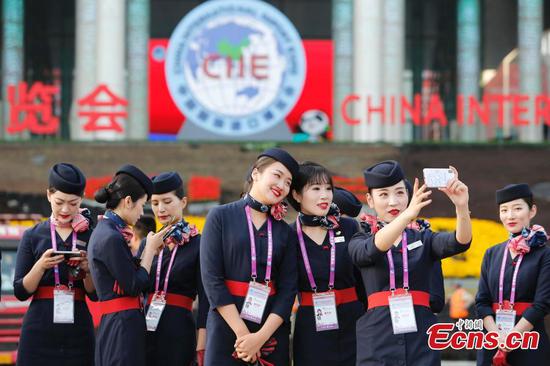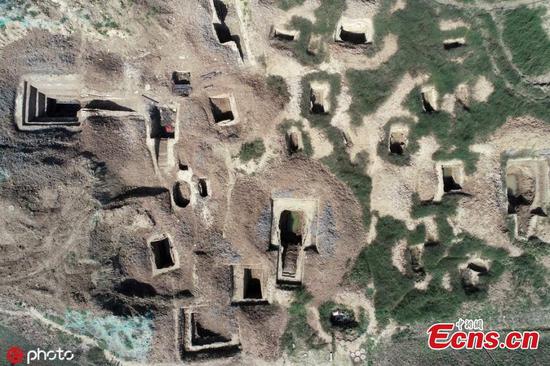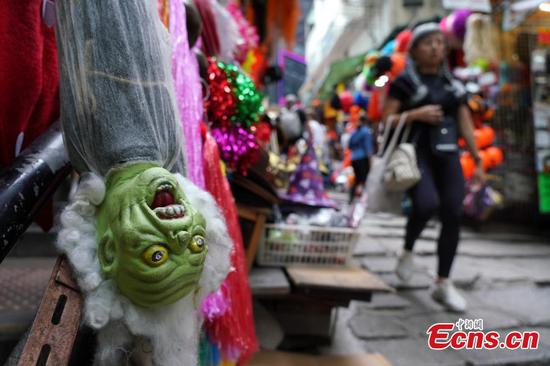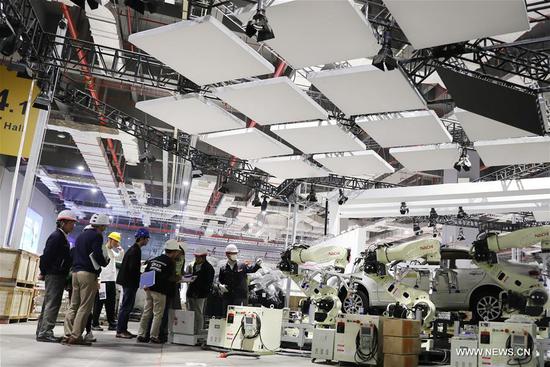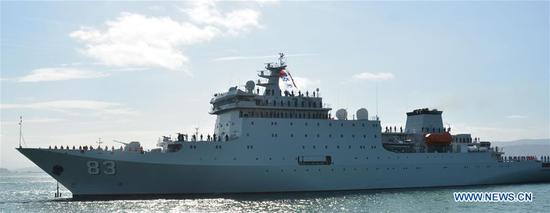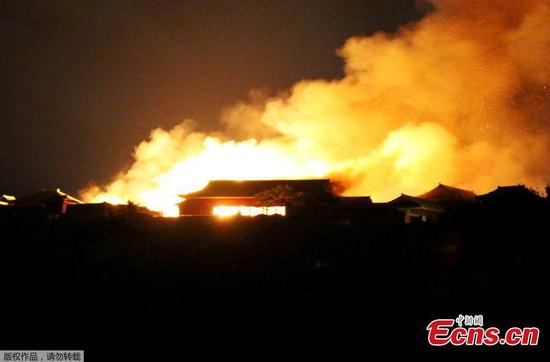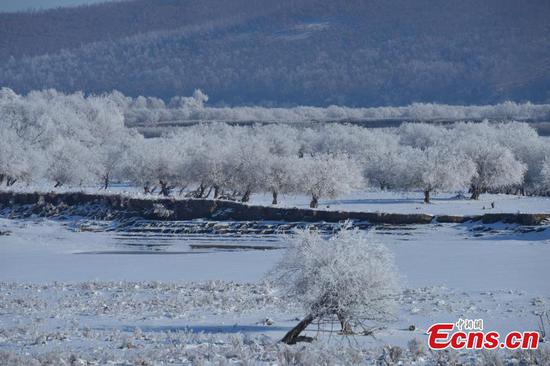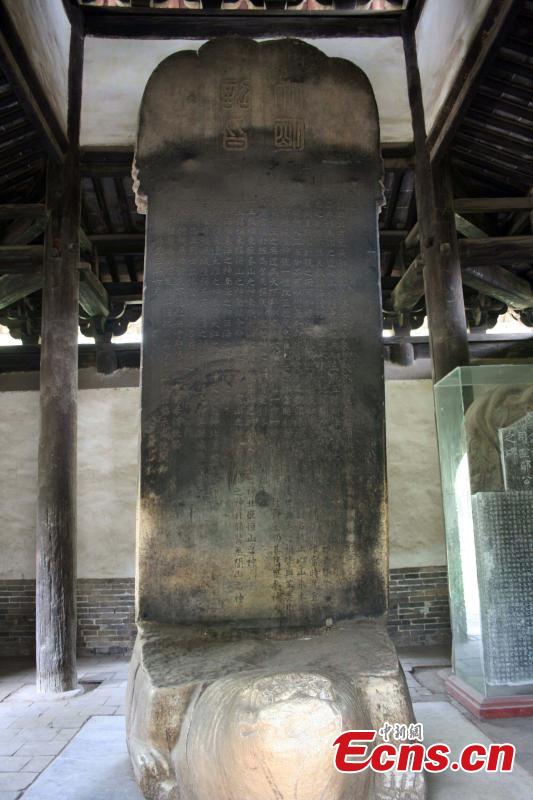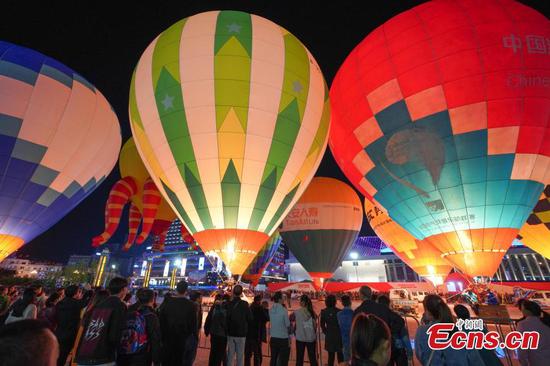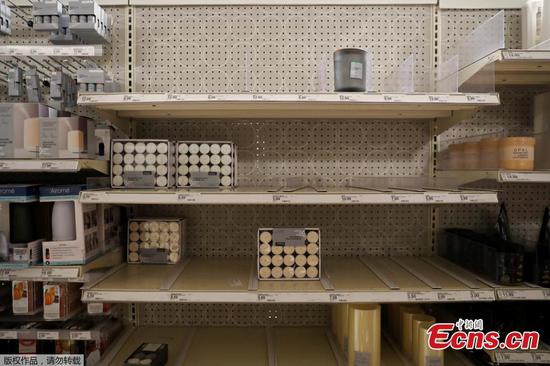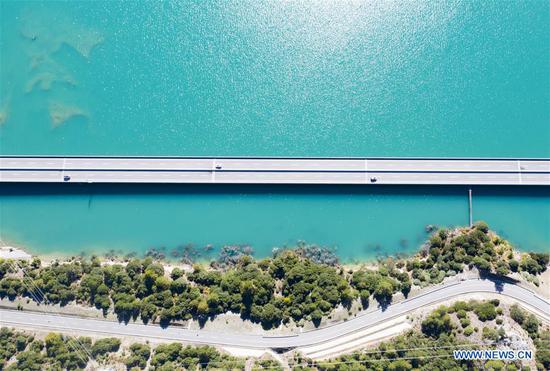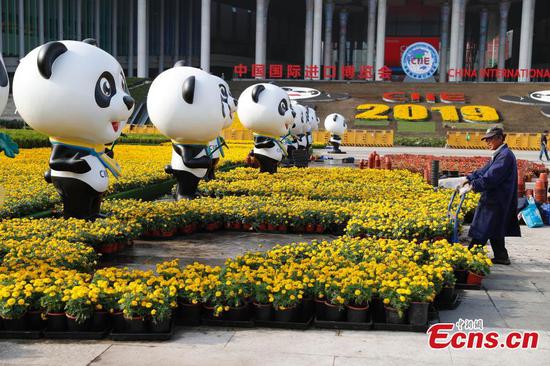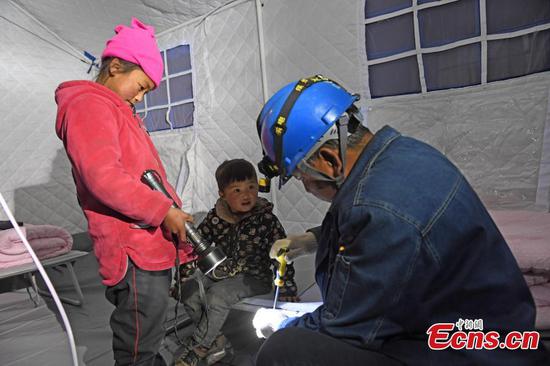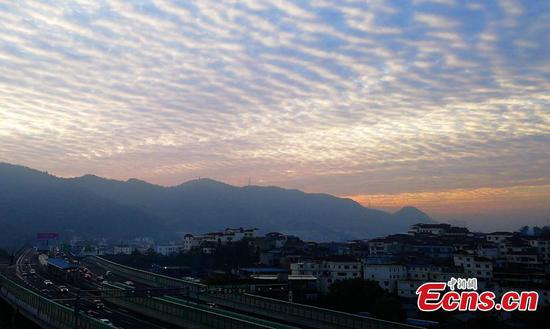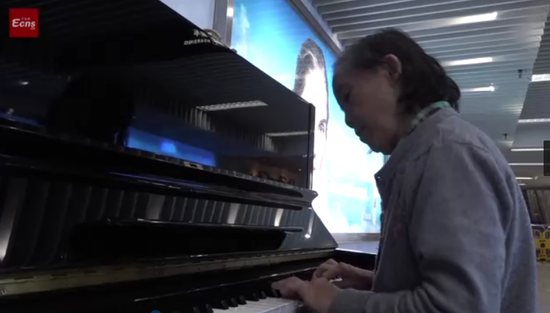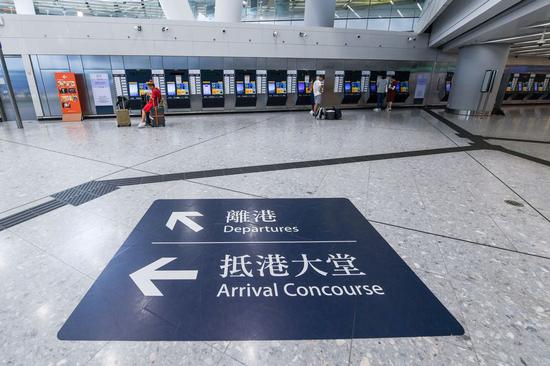
Photo taken on Aug. 30, 2019 shows empty arrival hall at West Kowloon Station in Hong Kong, south China. (Xinhua)
More than four months of chaos and unrest have delivered a major blow to Hong Kong's economy, which registered the first decline in almost 10 years and slipped into a technical recession in the past quarter.
ECONOMIC DOWNTURN
Hong Kong's estimated GDP dropped 2.9 percent year-on-year in the third quarter, in contrast with 0.6-percent and 0.4-percent slight increases in the first and second quarters respectively, according to the statistics authority of the Hong Kong Special Administrative Region (HKSAR) government. Compared to the second quarter, the economy went down 3.2 percent.
Private consumption declined 3.5 percent from a year ago, while local investment significantly dropped 16.3 percent. Goods exports were down by 7 percent and services exports droped 13.7 percent.
"The market did expect a decline, but the headline figures this time, no matter year-on-year or quarter-on-quarter, were far worse than forecast, which was worrying," Liao Qun, chief economist of the China CITIC Bank International, said.
The last economic downturn was 10 years ago, when a global financial crisis plunged Hong Kong into a losing streak of four consecutive quarters starting the last quarter of 2008, with the sharpest year-on-year decline of 7.5 percent.
Liao attributed the disappointing performance of this time to unabated turmoil, a major cause of hardship for small and medium-sized enterprises (SMEs), softened consumption willingness of individuals, and dented confidence of investors.
"There has been an all-round impact on the economy," said Ronald Wan, chief executive of Partners Capital International. "From economic growth, domestic demand and retail sales to fixed-asset investment and foreign trade, economic fundamentals retreated comprehensively."
UNREST-TRIGGERED RECESSION
A wide range of sectors have been suffering, including tourism, catering and transport. Weighed down by a slowing global economy, Hong Kong's growth had moderated progressively since last year, but there was an abrupt deterioration recently due to the severe impacts of the months-long unrest.
Tourists to Hong Kong halved from a year ago in the first two weeks of October, and turnover of retail sales logged the sharpest decline on record in August.
Cheung Yu-yan, a member of the HKSAR Legislative Council representing the catering functional constituencies, has told the media that the sector is confronted with a more severe situation than that during the 2003 SARS outbreak, as combined turnover dropped 50 percent and 200 to 300 restaurants were closed.
Cheung warned that massive closures were looming if the violence and chaos continued.
With no signs of weakening in violence, an HKSAR government spokesperson expected notable downward pressures on the economy for the rest of the year and that the economy was very likely to record a negative growth for 2019 as a whole.
"Continued escalation will even plunge Hong Kong into a deeper recession," Liao said. "Even if the violence could be stopped and order would be restored, there will still be a long time to fix social split and recover the confidence of investors home and abroad and of consumers."
Liao said the economy would hardly be back on track even if under the most optimistic conditions.
Hong Kong-based economist Liang Haiming warned that there might be capital tightening, surges in funding costs and even volatility on home and equity markets, if investors' expectations were reserved and ratings on Hong Kong's economy were further downgraded.
STOPPING VIOLENCE FIRST
Various sectors of Hong Kong have repeatedly said that the most urgent task is to end violence and bring back the peaceful lives, the precondition of a sound business environment and long-term stability and prosperity.
HKSAR Chief Executive Carrie Lam said on Wednesday that the months-long unrest in Hong Kong has hurt its economy and "the first priority must therefore be to end violence and restore law and order as soon as possible."
Once calmness returns, Lam said, the HKSAR government will be committed to finding solutions to such "deep-seated problems" as social divide and insufficient inclusive growth.
She said it is important to hold fast to the principles that have made Hong Kong "one of the world's most successful financial and trading economies," referring to the "one country, two systems" principle, the rule of law and the institutional strengths.
Positive signs have been spotted. Fewer people participated in violent protests recently, and the appeal for order and peace from Hong Kong residents was on the rise.
CORE COMPETITIVENESS INTACT
Despite the relatively pessimistic prospect on the economy, Lam said on Thursday that Hong Kong's institutional strengths and core competitiveness remain intact when addressing a joint business community luncheon at the Hong Kong Convention and Exhibition Center.
Hong Kong retains its core strengths as an international financial center with an unrivalled geographical location, the rule of law, an independent judiciary, the free flow of information and a wide pool of professional talents, she said.
To tackle those challenges ahead, the HKSAR government announced three rounds of pro-growth measures to support enterprises, safeguard jobs, stabilize the economy and strengthen livelihood during the past three months.
The measures will help the SMEs, covering a broad range of sectors including logistics, retails, catering, tourism, construction, agriculture and fisheries. Subsidies will also be provided to badly-hit industries such as transportation and tourism.
"All the measures with a total sum of around 64 billion (Hong Kong) dollars are expected to provide a 2-percent impetus to our economy," Lam said.
Lam Kin-fung, member of the Executive Council and vice chairman of the Business and Professionals Alliance for Hong Kong, said Hong Kong could still maintain long-term prosperity with support of the central government, effective measures of the HKSAR government and joint efforts of all sectors in Hong Kong.









